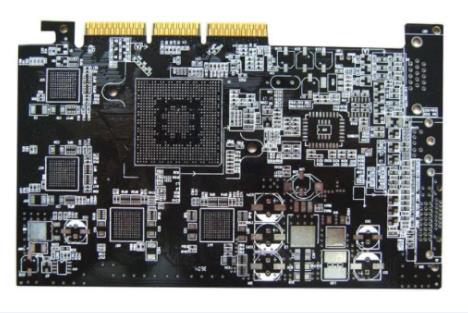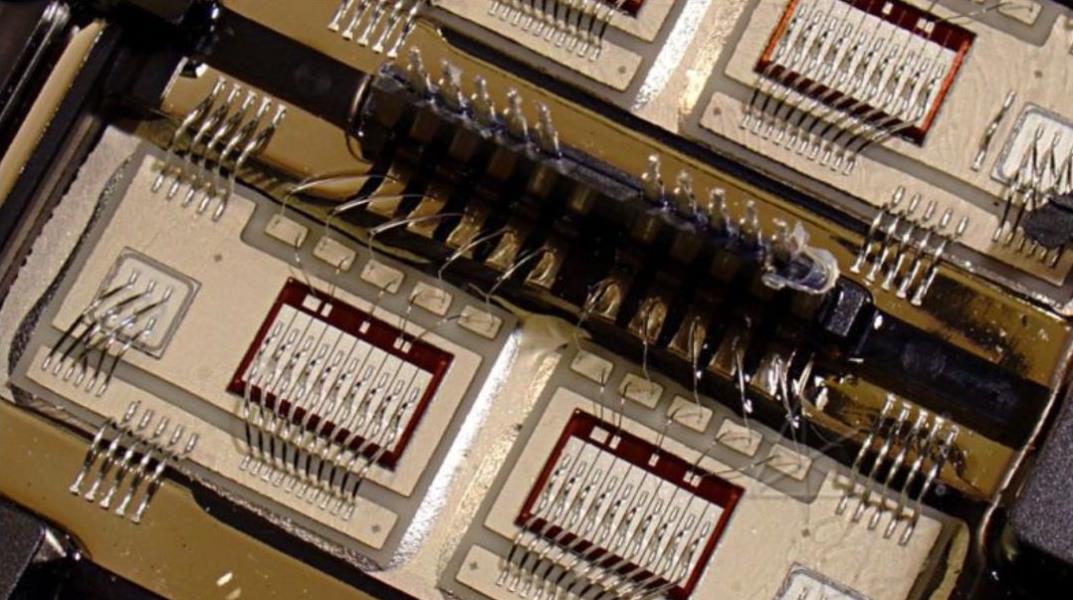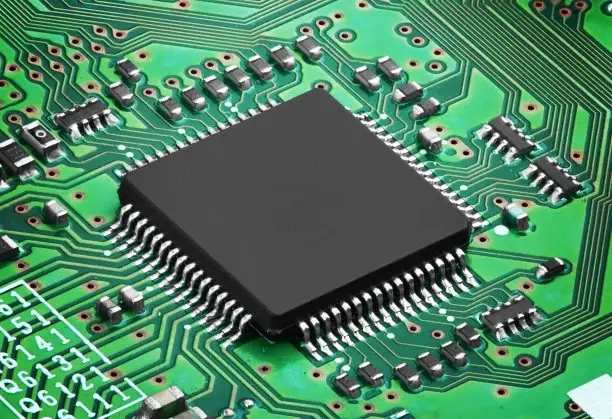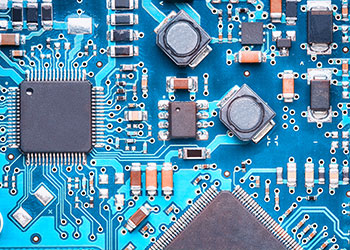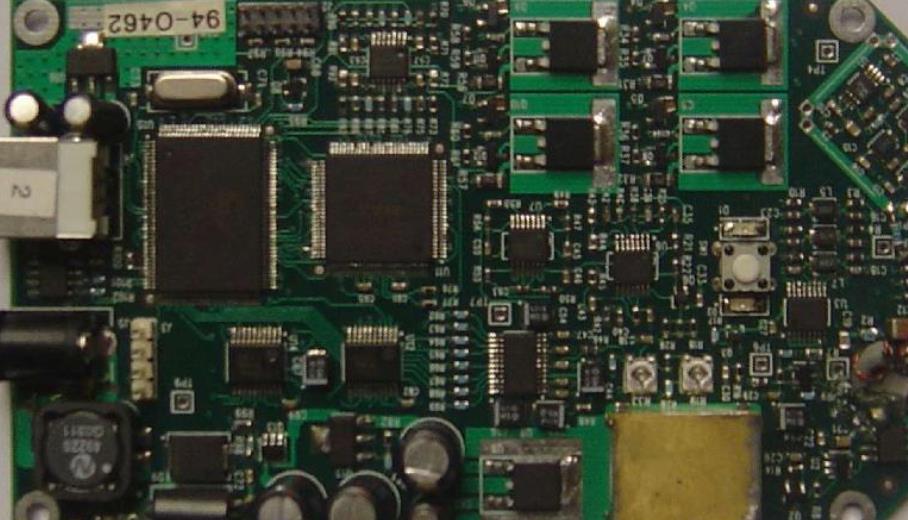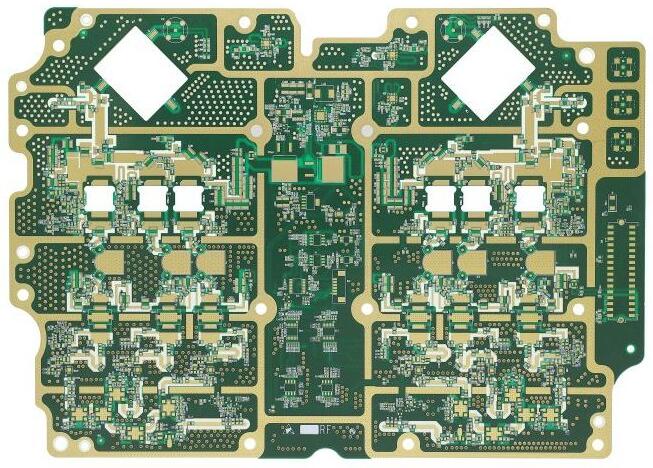
design of Decoupling Capacitor in PCB
Upper PCB, bypass and decoupling refer to preventing useful energy from being transferred from one circuit to another, and changing the transmission path of noise energy, so as to improve the quality of distribution network It has three basIC concepts: power, ground, component and inner power connection Decoupling refers to the release of RF energy from the power supply side of high-frequency equipment to the distribution network when the equipment is switched at high speed Decoupling capacitors also provide local DC power for equipment and components, which helps to reduce current propagation surge SPIkes on the entire circuit board
In digital circuit and IC controller circuit, power decoupling is necessary. When DC energy is dissipated by component switching, transient spikes occur in distribution networks without decoupling capacitors. This is because there is a certain inductance in the power network, and decoupling capacitors can provide local power without inductance or SMAll inductance. The decoupling capacitor keeps the voltage at a constant reference point, which prevents incorrect logic conversion and reduces noise generation, because it provides a loop area for high-speed switching current rather than a large loop area between components and remote power supply. The decoupling capacitor in PCB can greatly reduce the area of current loop. Another function of the decoupling capacitor is to provide a local energy storage source, which can reduce the radiation path of the power supply. The generation of RF energy in the circuit is proportional to I · a · f, where I is the return current; A is the area of the loop and f is the frequency of the current. Since the current and frequency are determined during equipment selection, it is important to reduce the current loop area to reduce radiation. In a circuit with a decoupling capacitor, the current flows in a small RF current loop, thereby reducing RF energy. A smaller loop area can be obtained by placing decoupling capacitors.
Î U is the noise generated by L · di/dt on the ground wire, which flows in the decoupling capacitor. The grounding structure on the "U" drive circuit board and the common mode voltage in the power distribution system flow through the circuit board. This reduction is related to the grounding impedance and the use and location of decoupling capacitors.

Decoupling is also a method to overcome physical and timing constraints by providing a low impedance power supply between the signal and the power line and the plane. Before the frequency is added to the autoresonance point, the impedance of the decoupling capacitor will become lower and lower with the increase of frequency, so that high-frequency noise will be effectively discharged from the signal line, and the remaining low-frequency radiation energy will not be affected. According to the principle of decoupling capacitor, if it is difficult to absorb energy from the power line, most of the energy will be obtained from the decoupling capacitor, giving full play to the role of the decoupling capacitor, and the power line will also generate small di/dt noise. According to this method, the impedance of the power line can be artificially added.
It is a common method to connect ferrite beads in series on IC power lines Because ferrite beads have a greater impedance to high-frequency current, the effect of power decoupling capacitor is enhanced Bypass is to release unnecessary common mode RF energy from components or cables Its essence is to create an exchange branch to release unnecessary energy from sensitive areas In addition, it also provides filtering functions Its filtering ability is obviously limited by its own bandwidth Bypass is sometimes referred to collectively as filter design Bypass or filtering is usually applied between power supply and ground, signal and ground, or for different reasons It is different from decoupling However, the same is true for the use of capacitors, so the capacitor is generally applicable to decoupling and bypass When the signal pins used are switched SIMultaneously under capacitive load, the energy storage is used to maintain a constant DC voltage and current supplied to the equipment It can also prevent power drop caused by di/dt current surge in the device Intermediate frequency decoupling belongs to the high frequency category, so energy storage can be understood as the category of low frequency electrical energy PCB
The above is the explanation given by the editor of pcb circuit board company. If you want to know more about PCBA, you can go to our company's home page to learn about it. In addition, our company also sells various circuit boards,
High Frequency Circuit Board and SMT chip are waiting for your presence again.


